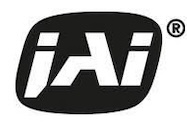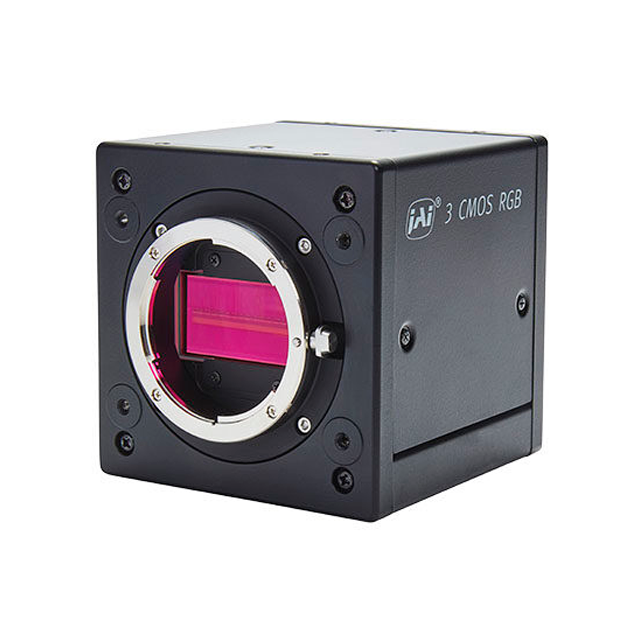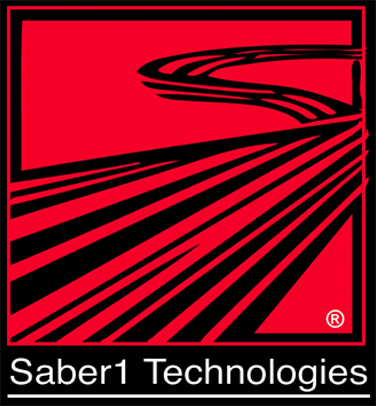JAI Sweep+ SW-8000Q-10GE
Highlights
The JAI Sweep+ SW-8000Q-10GE is a 4-CMOS prism-based industrial RGB/NIR multispectral line scan camera with four separate sensors for simultaneously capturing red, green, blue, and near-infrared spectral wavebands. Besides delivering supreme RGB color data, the NIR image makes it possible to identify an even wider set of defects on inspected objects. The camera has 8,192 pixels per line and a 36 kHz line rate thanks to a high speed 10 GigE interfaces. Included is an advanced set of features providing the best possible performance and precision for web-based or continuous color/NIR imaging applications.
Features
- Prism Quality with Backward-Compatible 10 GigE Interface: The SW-8000Q-10GE combines the color accuracy of 4-CMOS prism technology with a super-fast 10 GigE interface providing 8K RGB + NIR output at up to 36 kHz. Intelligent auto-negotiation adjusts to support NBASE-T speeds (5 GigE / 2.5 GigE), as well as traditional 1 Gbps GigE Vision output.
- The Best R-G-B-NIR Images From Any Angle: Prism technology makes it possible to view the red, green, blue, and NIR channels through a single optical plane. This method eliminates off-angle viewing problems, spatial compensation issues, 3D cylindrical offsets, and other problems that can affect image quality with quad linear cameras.
- An Advanced Set of Unique Features: The JAI Sweep+ SW-8000Q-10GE is one of the only 8K multispectral line scan cameras to offer in-camera color space conversion, dual-stream 10GigE output, and both horizontal and vertical binning. It also supports direct connection to rotary encoders to simplify setup and operation.
Applications
The JAI Sweep+ SW-8000Q-10GE, and SW-8000QSFP, leverage the precise alignment of their 4 sensors to a common optical path. This gives them a particular advantage over quad linear cameras in applications where the speed or position of objects is constantly varying. Examples include objects that roll or wobble on conveyor belts, free-falling objects, and even vibrations or undulations in web-based rolls. Random variations such as these are difficult or impossible for the spatial compensation algorithms in quad linear cameras to adjust for, leading to color fringes or “halos” due to parallax (optical plane) or keystone (angular magnification) issues. For these reasons, the best target applications for the new 8K prism cameras are:
- Belt/bulk (not lane) sorting and inspection of fruits, vegetables, or other loose items.
- Free-fall inspection of grains, nuts, or other similar items.
- Recycling applications using belts to sort various loose items.
- Textile, steel, paper, or foil inspection where vibrations or undulations on the web are common.
- Any other continuous motion applications where multispectral imaging could be useful and where there are frequent variations in the speed or position of items. These might include PCB inspection, pharmaceutical inspection, and others.
Product Specifications






